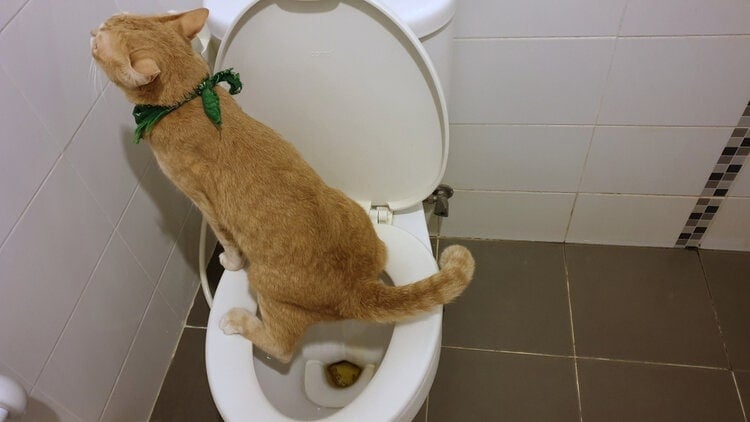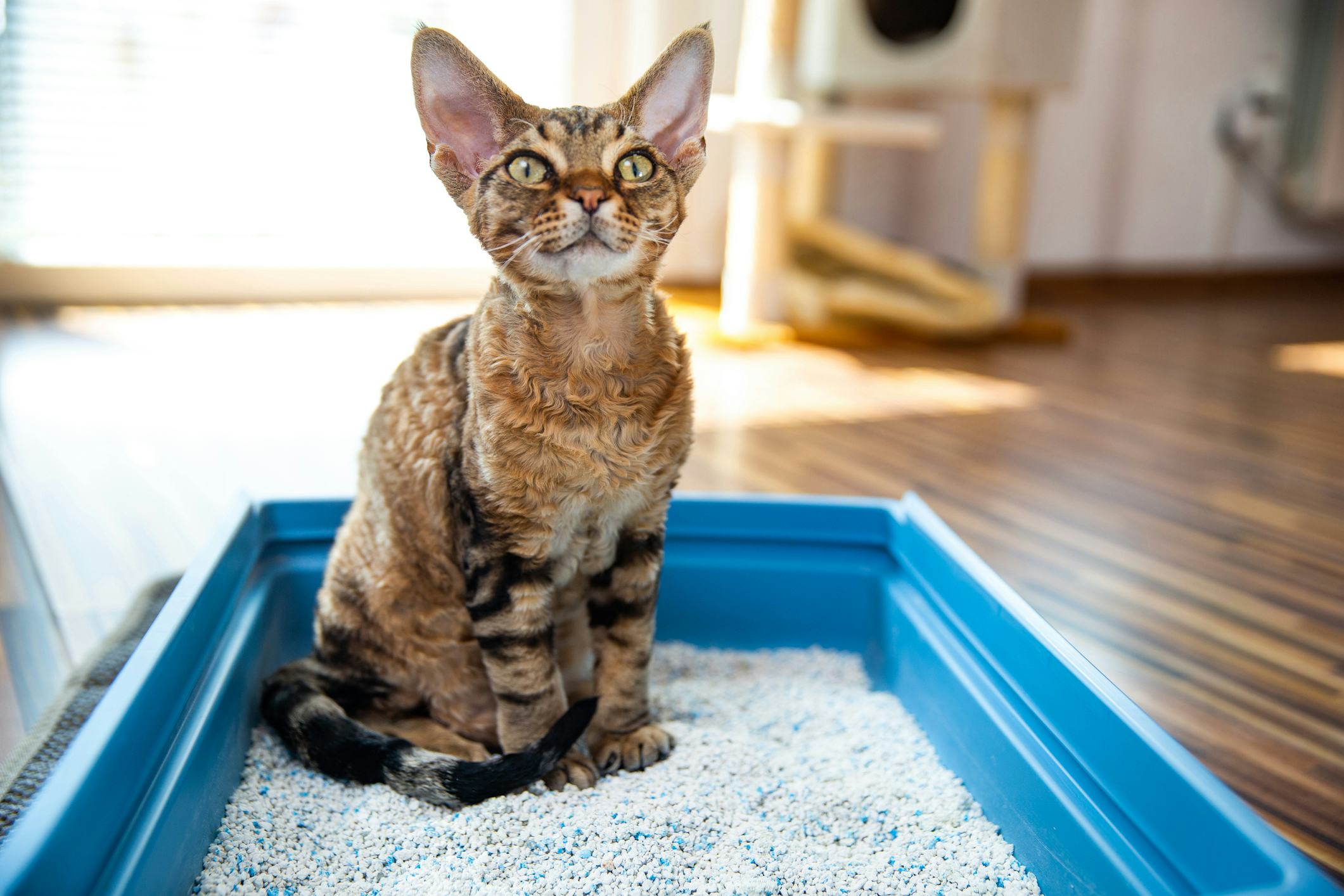Reasons Flushing Cat Poop Down Your Toilet Is Harmful - Suggestions for Correct Handling
Reasons Flushing Cat Poop Down Your Toilet Is Harmful - Suggestions for Correct Handling
Blog Article
Were you trying to find help How to Dispose of Cat Poop and Litter Without Plastic Bags?

Intro
As feline proprietors, it's necessary to bear in mind just how we throw away our feline close friends' waste. While it may appear convenient to purge pet cat poop down the toilet, this method can have harmful repercussions for both the atmosphere and human health and wellness.
Alternatives to Flushing
Thankfully, there are more secure and more liable means to dispose of pet cat poop. Take into consideration the adhering to alternatives:
1. Scoop and Dispose in Trash
One of the most typical technique of disposing of pet cat poop is to scoop it right into a biodegradable bag and toss it in the garbage. Make sure to use a devoted trash scoop and throw away the waste without delay.
2. Usage Biodegradable Litter
Opt for eco-friendly pet cat clutter made from products such as corn or wheat. These clutters are environmentally friendly and can be safely gotten rid of in the trash.
3. Bury in the Yard
If you have a yard, think about burying cat waste in a designated area far from veggie gardens and water sources. Be sure to dig deep adequate to prevent contamination of groundwater.
4. Install a Pet Waste Disposal System
Buy a family pet waste disposal system specifically made for pet cat waste. These systems use enzymes to break down the waste, reducing smell and environmental impact.
Health and wellness Risks
Along with ecological issues, flushing cat waste can also pose health risks to human beings. Feline feces may contain Toxoplasma gondii, a bloodsucker that can create toxoplasmosis-- a potentially severe ailment, especially for pregnant females and individuals with weakened immune systems.
Environmental Impact
Purging feline poop introduces unsafe pathogens and parasites right into the water system, posturing a considerable threat to water communities. These contaminants can adversely impact aquatic life and compromise water top quality.
Verdict
Responsible pet possession extends past offering food and sanctuary-- it likewise involves appropriate waste monitoring. By refraining from purging feline poop down the bathroom and opting for alternative disposal approaches, we can decrease our environmental impact and shield human health and wellness.
Why Can’t I Flush Cat Poop?
It Spreads a Parasite
Cats are frequently infected with a parasite called toxoplasma gondii. The parasite causes an infection called toxoplasmosis. It is usually harmless to cats. The parasite only uses cat poop as a host for its eggs. Otherwise, the cat’s immune system usually keeps the infection at low enough levels to maintain its own health. But it does not stop the develop of eggs. These eggs are tiny and surprisingly tough. They may survive for a year before they begin to grow. But that’s the problem.
Our wastewater system is not designed to deal with toxoplasmosis eggs. Instead, most eggs will flush from your toilet into sewers and wastewater management plants. After the sewage is treated for many other harmful things in it, it is typically released into local rivers, lakes, or oceans. Here, the toxoplasmosis eggs can find new hosts, including starfish, crabs, otters, and many other wildlife. For many, this is a significant risk to their health. Toxoplasmosis can also end up infecting water sources that are important for agriculture, which means our deer, pigs, and sheep can get infected too.
Is There Risk to Humans?
There can be a risk to human life from flushing cat poop down the toilet. If you do so, the parasites from your cat’s poop can end up in shellfish, game animals, or livestock. If this meat is then served raw or undercooked, the people who eat it can get sick.
In fact, according to the CDC, 40 million people in the United States are infected with toxoplasma gondii. They get it from exposure to infected seafood, or from some kind of cat poop contamination, like drinking from a stream that is contaminated or touching anything that has come into contact with cat poop. That includes just cleaning a cat litter box.
Most people who get infected with these parasites will not develop any symptoms. However, for pregnant women or for those with compromised immune systems, the parasite can cause severe health problems.
How to Handle Cat Poop
The best way to handle cat poop is actually to clean the box more often. The eggs that the parasite sheds will not become active until one to five days after the cat poops. That means that if you clean daily, you’re much less likely to come into direct contact with infectious eggs.
That said, always dispose of cat poop in the garbage and not down the toilet. Wash your hands before and after you clean the litter box, and bring the bag of poop right outside to your garbage bins.
https://trenchlesssolutionsusa.com/why-cant-i-flush-cat-poop/

We were made aware of that article about Can You Flush Cat Poo or Litter Down the Toilet? from a friend on a different domain. In case you enjoyed our blog entry kindly don't forget to pass it around. We love reading our article about Can You Flush Cat Poop Down The Toilet?.
Book Today! Report this page